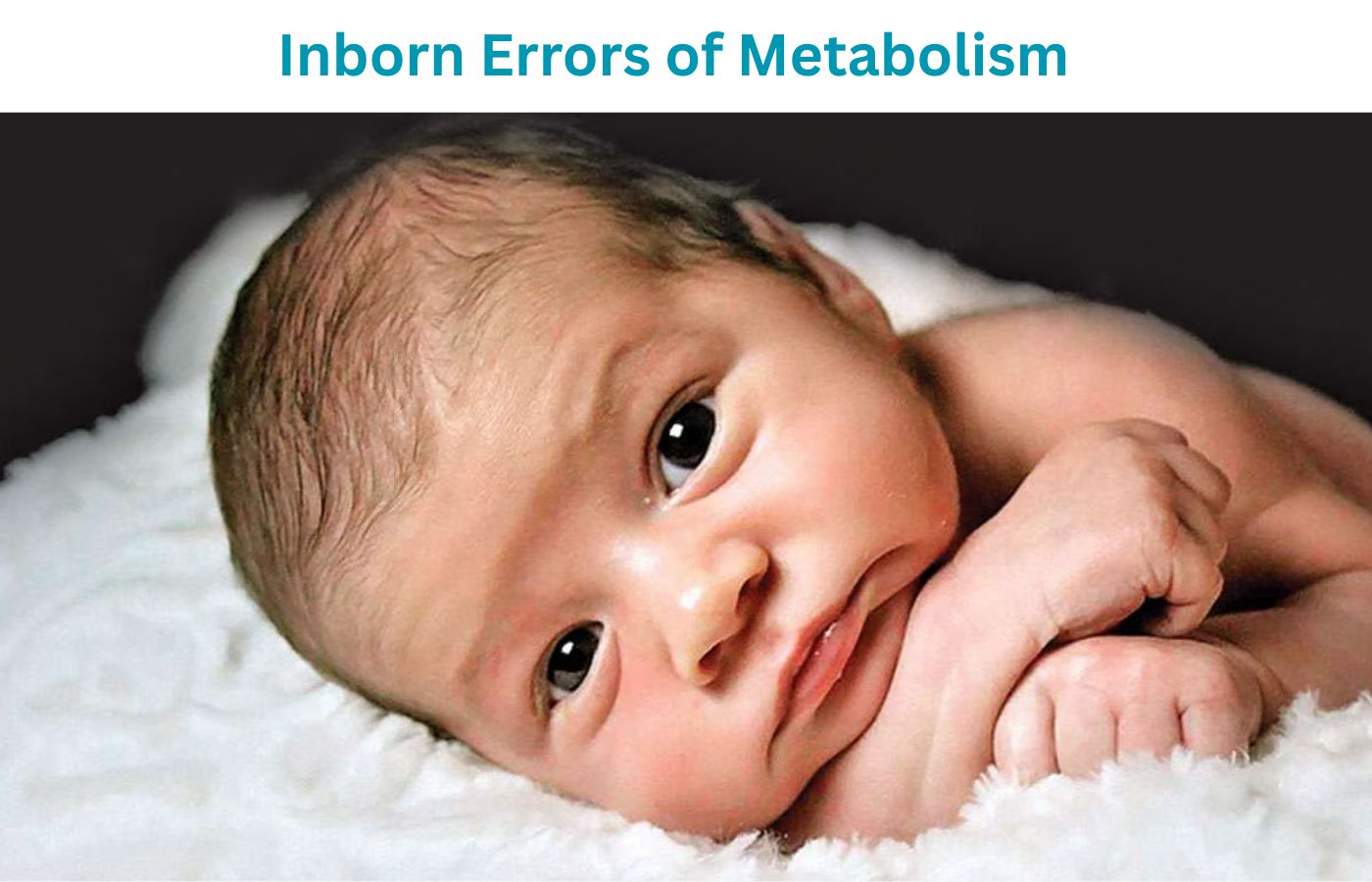
Inborn errors of metabolism, also known as IEMs, are a group of rare genetic conditions that affect how the body converts food into energy. These disorders are usually present at birth and are caused by mutations in genes responsible for producing enzymes that help break down proteins, fats, or carbohydrates. Without these enzymes, or when they don’t function properly, the body cannot efficiently process nutrients, leading to a buildup of toxic substances or a deficiency of essential compounds.
Each metabolic disease is typically associated with the malfunction of a specific enzyme. These enzymes play vital roles in metabolic pathways that are necessary for maintaining energy production and growth. When an enzyme is missing or defective, it disrupts the normal metabolic balance, resulting in symptoms that can range from mild to life-threatening.
Inborn errors of metabolism can be classified into several types, including:
Early detection and treatment are crucial to managing these conditions effectively. In many cases, newborn screening programs help identify these disorders shortly after birth.
Symptoms of inborn errors of metabolism vary widely depending on the specific condition. However, common signs may include:
Because these symptoms are often nonspecific, they can be mistaken for other illnesses, making early and accurate diagnosis essential.
Diagnosing inborn errors of metabolism usually requires a combination of clinical evaluation and specialized laboratory tests. These tests aim to identify abnormal levels of specific substances in blood, urine, or tissues that suggest a metabolic block or enzyme deficiency.
Many countries have mandatory newborn screening programs that test for a panel of common metabolic disorders. A few drops of blood are collected from the baby’s heel and tested for markers that indicate the presence of a metabolic disease.
2. Blood and Urine TestsIf a metabolic disease is suspected based on symptoms, doctors may order targeted laboratory tests to measure:
These tests can detect patterns that help identify specific inborn errors of metabolism.
3. Enzyme Activity AssaysThese tests directly measure the function of specific enzymes in blood cells or tissues. A reduced or absent enzyme activity confirms the diagnosis of certain metabolic diseases.
4. Molecular Genetic TestingGenetic testing is used to identify mutations in the genes responsible for a particular metabolic disorder. It can also help with family planning and prenatal diagnosis in future pregnancies.
Although many inborn errors of metabolism are chronic, early diagnosis allows for prompt treatment and improved quality of life. Treatment strategies include:
Regular follow-ups and monitoring through specialized centers are essential to manage these complex conditions.
Living with a metabolic disease can be challenging, especially when it is diagnosed later in life. However, with the support of healthcare professionals, dietitians, and patient support groups, individuals with inborn errors can lead fulfilling lives. Early detection, tailored treatment plans, and regular laboratory tests are critical for long-term success.
Inborn errors of metabolism are rare but serious conditions that affect the body’s ability to process nutrients. They often present early in life and require prompt diagnosis and lifelong management. With advancements in genetic testing and newborn screening, more children are being diagnosed at birth, allowing early intervention and better outcomes. If you or a loved one is experiencing unexplained symptoms that may be linked to a metabolic disease, consult your doctor and request specialized laboratory tests.
Understanding and managing inborn errors of metabolism starts with awareness. Don’t hesitate to seek help—early diagnosis can make all the difference.